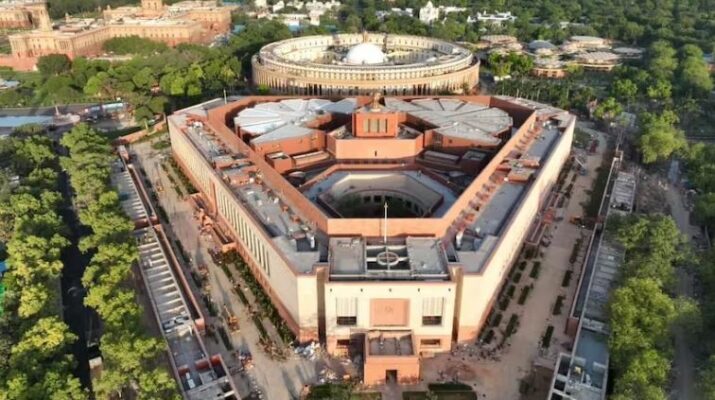Opposition leaders walk out of Waqf meeting, demand extension of JPC’s tenure
New Delhi: The Joint Committee of Parliament on the Waqf (Amendments) Bill has resolved to request an extension until the conclusion of the budget session to thoroughly examine the contentious amendments. Jagdambika Pal, a leader of the Bharatiya Janata Party (BJP) and chair of the committee, is set to present a formal resolution in the Lok Sabha on Thursday to obtain the House’s consent.
During a meeting held on Wednesday, the committee decided to seek additional time. Initially tasked with submitting its report by November 29, the final day of the first week of the session, the committee now requires further deliberation. Following the meeting, Pal informed reporters that the committee reached a consensus on the necessity to engage with various stakeholders, including six states embroiled in disputes between the waqf and state governments.
He elaborated: “Today, we posed several inquiries to the Ministry of Minority Affairs, which will provide responses. We raised questions regarding 123 properties owned by the Government of India in Delhi dating back to 1911, which the Waqf Board later claimed. For clarification, we will need to summon representatives from the Ministry of Urban Development and the DDA. Additionally, in states such as Odisha, Uttar Pradesh, Madhya Pradesh, Rajasthan, and Bihar, there are claims on government properties by the Waqf. We informed the ministry’s secretary that we are still awaiting responses on these matters, necessitating the involvement of the chief secretaries or secretaries of Minority Affairs from these states.”
BJP MP Aparajita Sarangi indicated that the committee will propose extending the deadline for the submission of the JPC report to the final day of Parliament’s Budget Session in 2025. The contentious bill was introduced in the Lok Sabha in August and seeks to implement significant reforms in the regulation and governance of India’s waqf boards, which oversee Islamic charitable endowments. The government contends that the bill aims to modernize an outdated and intricate system, aligning with the recommendations of the 2006 Rajinder Sachar Committee. However, the Opposition demanded greater scrutiny of the bill, alleging that it would hurt the Muslim community.




